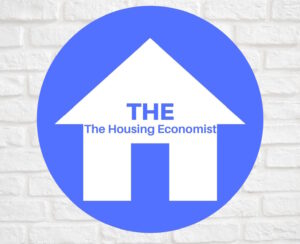Behavioural Economics: Looks at the reasons behind decision made by individuals and organisations and how this varies from the classical economics theory. Here at The Housing Economist we are interested in why people make the decisions they do and how this can be used to to improve and impact society for the better..
Economy: An economy is an area of production and distribution and trade, as well as consumption of goods and services by different agents. We want to look at how economics can operate effectively and efficiently , without having the negative externalities that are associated.
Homelessness: The legal definition of homelessness is that a household has no home in the UK or anywhere else in the world available and reasonable to occupy. The United Nations has defined homeless households as “households without a shelter that would fall within the scope of living quarters. They carry their few possessions with them, sleeping in the streets, in doorways or on piers, or in any other space, on a more or less random basis.” Maslow heirarchy of Needs homelessness first rung as this is due the lack of the basic resources , including food, shelter. We at The Housing Economist we would like to see the end to homelessness on a global level by helping to develop innovative solutions.
Public Policy: This is the process where governments convert their political vision into programmes and actions to deliver the desired changes in the real world. We are seeking to be influencers and changes in the public policy space and bring a fresh perspective for long term sustainable and systematic changes for the better.
Social Housing: This is housing that is provided either by governments or not-for-profit organisations. The rent will usually be below the market rent levels and you will usually have to meet a criteria to be considered. It is provided due to a market failure in the housing market as it does not provide for this section of the market even though there is high demand , the market is not willing to provide a supply. We at The Housing Economist want change the perceptions around social housing and it importance to the economy as whole and feel it should be considered in the same light as the NHS.
Welfare Economics: Is a branch of economics that uses microeconomic techniques to evaluate well-being at the aggregate level. Attempting to apply the principles of welfare economics gives rise to the field of public economics, the study of how government might intervene to improve social welfare. This looks at how governments intervene where there has been a market failure and how negative externalities can be mitigated or avoided. We want to help to shape and influence the interventions that are made to make a real difference.

